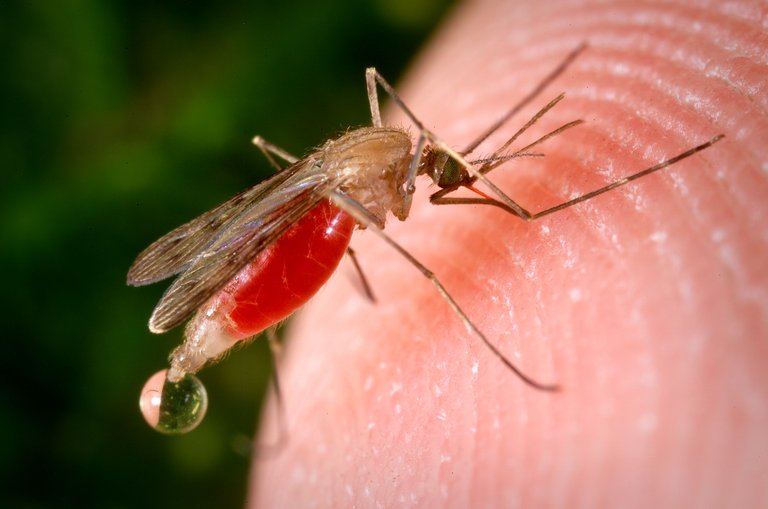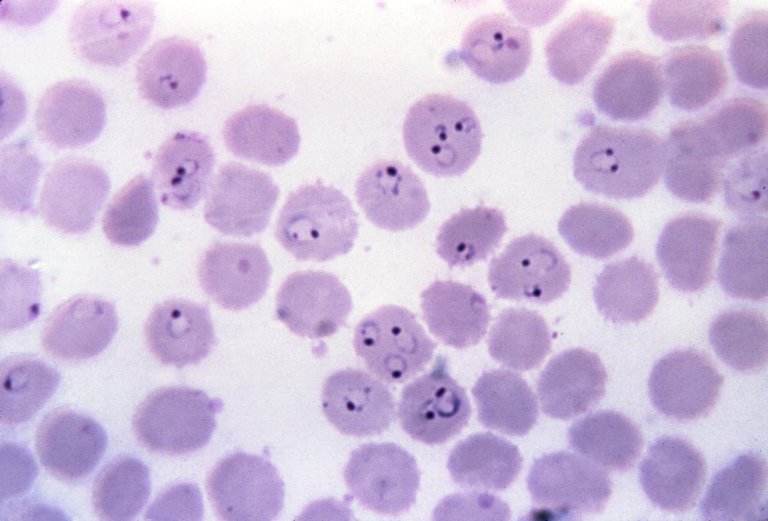Will Ivermectin One Day Eradicate Malaria?
There was a time when rumors about Ivermectin being a drug to fight viruses and all types of sickness were circulating. Anyways, scientists have been able to show that while Ivermectin does a lot when it comes to dealing with certain illnesses, especially protozoan-caused, it is not very active against viruses in general.
Ivermectin is a great parasite fighter, combating parasites and so being useful for a large number of diseases. It is an endectocide killing protozoan that lives both inside and outside the body. It affects the parasite's nerve function leading to paralysis and death. So scientists are looking to use Ivermectin to fight Plasmodium, the parasite responsible for malaria.
Malaria is caused by the four different species of Plasmodium which use the female Anopheles Mosquito as a carrier. In the mosquito, the plamodia is immature but when the vectors come to us to feed from our blood, they transfer them after piercing into our skin to suck blood. They mix saliva with our blood at the point of drinking, and this is where the parasite finds its way into our bloodstream.
When it enters the body, it immediately goes to the liver cells where it grows and replicates. When they are mature, they begin to attack your red blood cells as well. When they start to burst free from the red blood cells, we begin to feel malaria symptoms. To see if ivermectin can help combat malaria, different tests were done.
Scientists observed that when mosquitoes bite patients who have taken Ivermectin, the mosquitoes did faster than in those who did not take the medication. This meant that it was poisoning the blood so whatever bites it dies and that could mean metal in the blood. The medication also stopped the mosquitoes from laying eggs completely. But this is not as impressive as if it affects the plasmodium itself, and surprisingly, it does.
According to some studies, when the parasite is in the bloodstream, Ivermectin inhibits its ability to move materials in and out of cells which then leads to its death. Aside from that, it also stops its ability to reproduce both sexually and a sexually. With this, there is a thought of using the medication for Mass Drug Administration (MDA).
With MDA, the drug will be given to everyone in a particular area, whether they have the disease or not but before this can be considered, the safety, the cost, and the convenience of giving the drug as MDA need to be considered and this drug checks all three criteria.
In theory, this is impressive but a study done in Burkina Faso with seven villages administered the medication and another seven serving as controls didn't show any significant change over time. The result wasn't as promising as it looked theoretically but the researchers believed the result was due to the net given to the populations of the two communities before the study. One thing the researchers were able to confirm was the number of hemoglobin in the two groups, and they realized that hemoglobin levels were higher in children who took the drug than in the control group.
While Burkina Faso's trial didn't do well, a trial in the Gambia did better with more promising results. To get the result, the researcher combined Ivermectin with Dihyartemisinin-Piperaquine. Another study that tried using the antimalarial drug alone didn't get many results, so scientists are still looking at this as inconclusive with not enough data to back claims. So research is still ongoing, we will have to wait and see the results we get over time.
You Can Read More Here
https://www.who.int/news-room/fact-sheets/detail/malaria
https://www.ijidonline.com/article/S1201-9712(20)32506-6/fulltext
https://pmc.ncbi.nlm.nih.gov/articles/PMC6194647/
https://pmc.ncbi.nlm.nih.gov/articles/PMC8240090/
https://www.science.org/doi/10.1126/scitranslmed.adr4827
https://www.thelancet.com/journals/laninf/article/PIIS1473-3099(19)30633-4/abstract
https://www.thelancet.com/journals/laninf/article/PIIS1473-3099(24)00580-2/fulltext
https://www.thelancet.com/journals/laninf/article/PIIS1473-3099(24)00751-5/abstract
https://www.who.int/publications/m/item/mass-drug-administration
https://pmc.ncbi.nlm.nih.gov/articles/PMC10228789/
https://pmc.ncbi.nlm.nih.gov/articles/PMC10993792/
https://pmc.ncbi.nlm.nih.gov/articles/PMC6494415/
https://pmc.ncbi.nlm.nih.gov/articles/PMC10507222/



Thanks for your contribution to the STEMsocial community. Feel free to join us on discord to get to know the rest of us!
Please consider delegating to the @stemsocial account (85% of the curation rewards are returned).
Thanks for including @stemsocial as a beneficiary of this post and your support for promoting science and education on Hive.
Ivermectin has done its part, thanks to recent discoveries and daily advancement in technology, we now have varieties of drugs that cure malaria, as well as many other dangerous and lingering illnesses today.
I can't wait to hear when scientists finally discovers a permanent cure for the deadly virus (AIDS). It has really claimed a lot of lives and it still does.
Malaria was once like that—very dangerously deadly, until a cure was found. Now any persons with malaria parasite, get instant cure, after visiting a doctor.
This is truly educative, well done.
Your reply is upvoted by @topcomment; a manual curation service that rewards meaningful and engaging comments.
More Info - Support us! - Reports - Discord Channel
Thanks
Thanks
This is true, but malaria is responsible to millions of death worldwide till date. It still kills more people than HIV but no doubt, we need to find a solution for so many deadly viruses